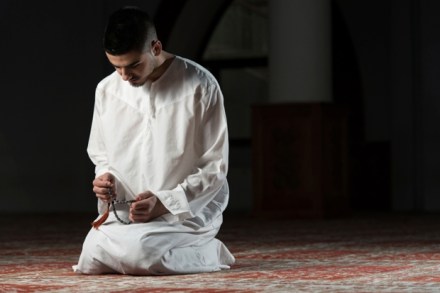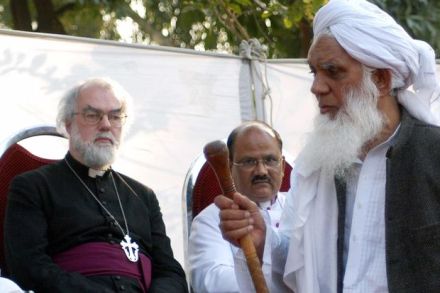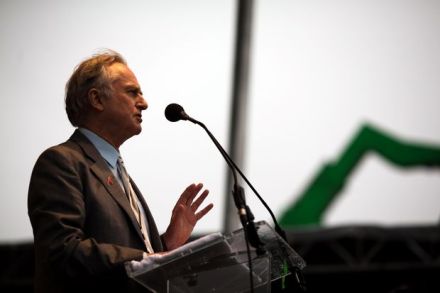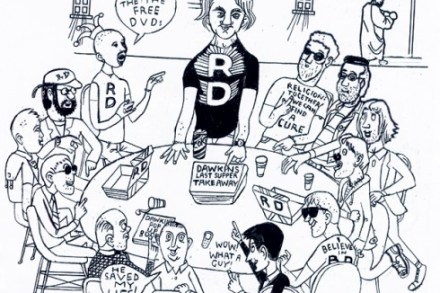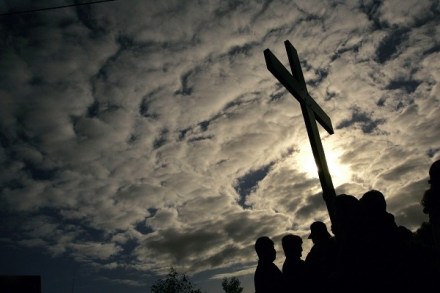Spectator letters: St Augustine and Louise Mensch, war votes and flannel
Faith and flexibility Sir: What a contrast in your two articles on religion last week: one liberal atheist parent (Claire Stevens) concerned about her son’s turn to conservative Islam, and one conservative Catholic (Louise Mensch) determined that her children understand her unbending fidelity to the tradition. Ms Mensch’s problem is endemic throughout the western church, Catholic and Protestant alike: greater confidence in human sinfulness than in God’s forgiveness. Mrs Stevens’s problem is the opposite: a lack of confidence in her atheism. Brought up to believe in nothing, one is prone to believe in anything. At least if you bring a child up Christian, he can always choose to reject the

